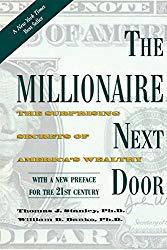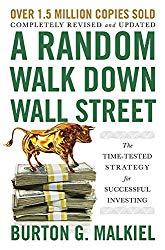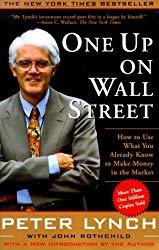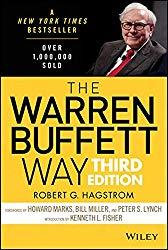When it comes to investing, many people choose to use a financial advisor since they do not have the particular knowledge needed to make investments and manage other aspects of their finances on their own. This is similar to going to a car mechanic when one does not know how to fix the car himself. A good car mechanic will have more experience at fixing cars than most people, does the repairs everyday, has some specialized training, and probably has some special tools that the do-it-yourselfer would not have. It can make sense for an individual to take the car to the shop even if one could make the repairs oneself. (Note, this post contains affiliate links. This means that we make a small advertising fee when you click through a link and buy something on Amazon. This costs you nothing extra and keeps these articles free for you.) Likewise, a good financial advisor will have specialized training and experience from helping clients every day. They will be reading up on the latest research, have time to monitor the performance of the investment choices they make, and the temperament to stay the course when things get rough because they’ve seen things before. It can make sense for an individual to use a financial advisor even if one does have some understanding of finances. One might be perfectly competent to choose mutual funds for their 401k, but know little about taxes or life insurance. Also, as with auto repair, while one might be able to change one’s own oil or replace one’s own brakes, one may not wish to spend the time doing so. Instead of spending a Saturday pouring over annual reports, one may wish to hire the work out. As is discussed in the great book, The Millionaire Next Door





Follow on Twitter to get news about new articles. @SmallIvy_SI
Disclaimer: This blog is not meant to give financial planning or tax advice. It gives general information on investment strategy, picking stocks, and generally managing money to build wealth. It is not a solicitation to buy or sell stocks or any security. Financial planning advice should be sought from a certified financial planner, which the author is not. Tax advice should be sought from a CPA. All investments involve risk and the reader as urged to consider risks carefully and seek the advice of experts if needed before investing.
